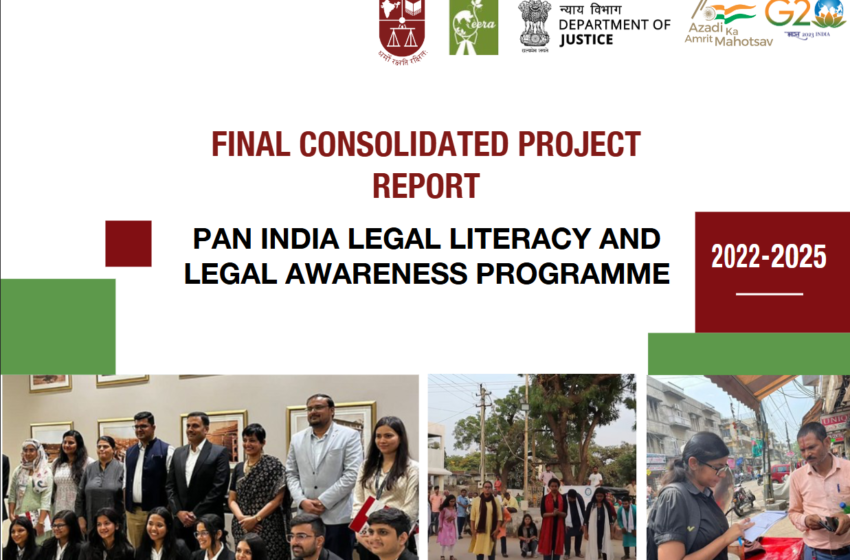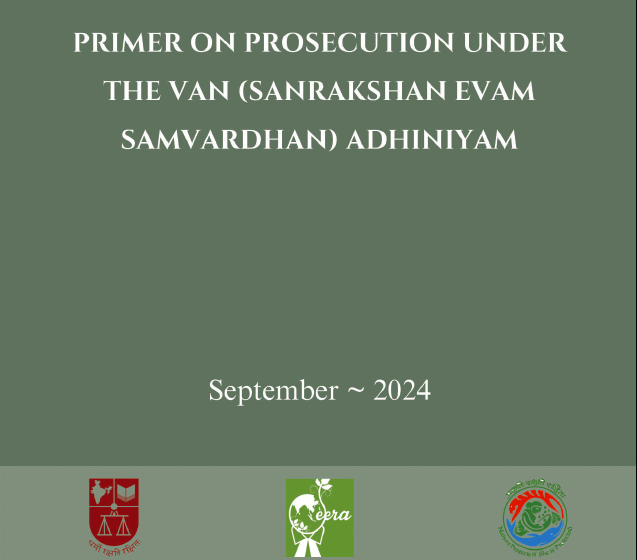– By Gayathri Gireesh* and Pooja Sanjith** Introduction Carbon tax is based on the principle of “Polluter Pays” and is imposed on the consumption or production of carbon-intensive fuels, such as coal, oil, and gas. The targeted objective of this tax is to reduce carbon emissions through implications by discouraging the use of these […]Read More
Thumbs-up (👍) emoji in Indian Contracts, Analysis in the light of South West Terminal Ltd v. Achter Land & Cattle Ltd
– By Dr. Sangeetha Sriram and Dhyana Dinesh [1] Introduction In the digital world, we all rely on social media like WhatsApp, Facebook, Snapchat, Instagram and others, for our daily informal and formal needs. The communication style of the world has changed distinctly; in addition to using a sentence to express a feeling, emojis, stickers, […]Read More
Real Estate Sector and Environmental Clearance Conundrum: Should Form Overrule the Substance?
-Prof. (Dr.) Sairam Bhat* & Haridev Varma** The underlying lynchpin of the doctrine separation of powers is the Rule of law, which encompasses transparency and accountability. Recent developments to the Environment Impact Assessment (EIA) Notification, 2006, and its subsequent amendments have highlighted an intricate relationship between rulemaking, Constitutional adherence, and judicial oversight in India’s environmental […]Read More
Review of India’s Biodiversity Strategy and Action Plan 2024-2030
By Gayathri Gireesh* & Prateek Kamath** Introduction The National Biodiversity Strategy and Action Plan for 2024-30 was unveiled by India at CoP-16 to the UN Convention on Biological Diversity (UNCBD) reinforcing its commitment to biodiversity conservation through targeted actions. Article 6 of the United Nations Convention on Biodiversity requires that the party to the convention […]Read More
Analysing the Draft Liquid Waste Management Rules, 2024: Salient Features and Way Forward
-By Arushi Tiwari* The Union Ministry of Environment, Forest, and Climate Change issued the Draft Liquid Waste Management Rules, 2024, on October 7, 2024, marking a pivotal step in overhauling India’s approach to liquid waste management. Overview of Notable Features Central to these Rules is a structured framework aimed at standardizing the treatment and management […]Read More
Examining the Doctrine of Veil-Piercing vis-à-vis Environmental Parent Company Liability in India
– Gayathri Gireesh,* Pradnesh Kamat** & Viraj Thakur*** A corporate veil essentially grants companies a separate legal personality,[1] implying that the rights and obligations of a company are distinct from that of its members.[2] This limits the liability of the members and insulates them from the actions of the company, thus incentivizing investments and leading […]Read More









